5005 S. Cooper St.
Suite 250
Arlington, TX 76017
Leaky Bladder Is a Cruel Curveball
You never used to have to worry about something as mundane as going to the bathroom. Now suddenly, worrying about it seems to be all you do. An urgent need to go, uncontrollable trickles of urine and full-blown wetting accidents are embarrassing, frustrating, even debilitating. Our male incontinence specialists can help.
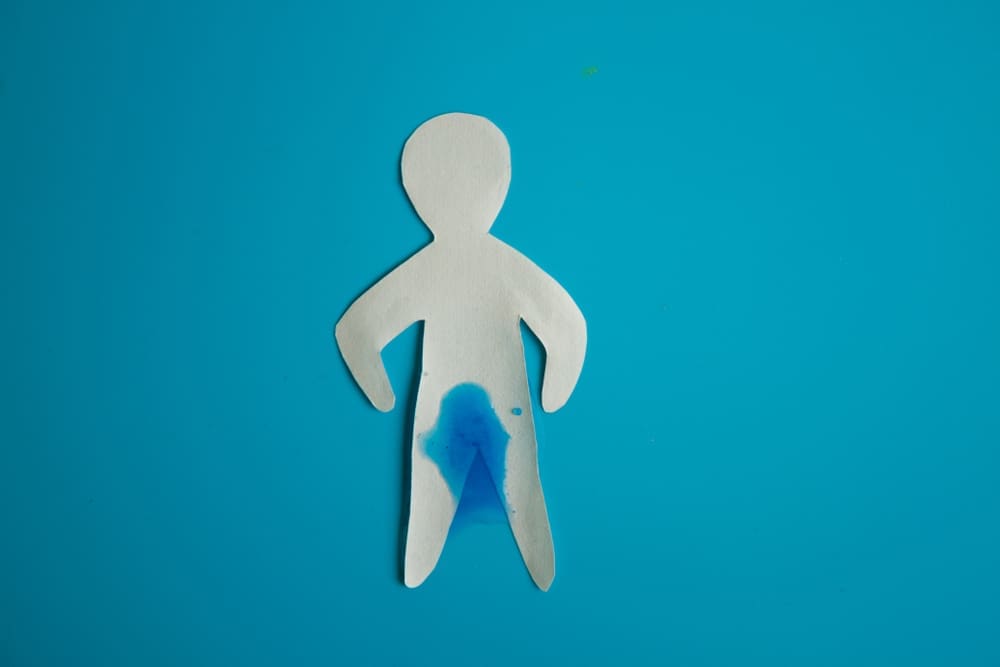
Ready to Live Dry?
Up to a third of all men in the United States suffer from some form of urinary incontinence—the loss of bladder control known as leaky bladder. If you’re one of them, you know adult diapers and pads aren’t a long-term solution. Consult our leaky bladder doctors who specialize in these conditions for more effective treatments.
What causes leaky bladder?
Not all incontinence is the same.
Health Navigator
- Harrison “Mitch” Abrahams, MD
- Jeffrey Charles Applewhite, MD
- Jerry Barker, MD, DABR, FACR
- Paul Benson, MD
- Richard Bevan-Thomas, MD
- Keith D. Bloom, MD
- Tracy Cannon-Smith, MD, FMS
- Paul Chan, MD
- Kara Choate, MD
- Lira Chowdhury, DO, FACOS
- Weber Chuang, MD
- Adam Cole, MD, FS
- M. Patrick Collini, MD
- Zachary Compton, MD
- Adam Hollander, MD
- Patrick A. Huddleston, MD
- Justin Tabor Lee, MD
- Wendy Leng, MD, FPMRS
- Alexander Mackay, MD
- Tony Mammen, MD
- F.H. “Trey” Moore, MD
- Geofrey Nuss, MD
- Christoper Pace, MD
- Jason Poteet, MD
- Andrew Y. Sun, MD
- Scott Thurman, MD
- James Clifton Vestal, MD, FACS
- Keith Waguespack, MD
- Diane C. West, MD
- Keith Xavier, MD, FPMRS
Related News & Information
There Are Effective Treatment Options for Every Type of Incontinence
The “i” word strikes fear and dread in most men. Suddenly, favorite activities like golfing and running can trigger uncontrollable urine leaks.
In severe cases, just moving from a sitting to standing position can push urine out of the bladder. Our male incontinence specialists can help.
Stress Incontinence
Sling. For men who have moderate incontinence, slings are often a good solution. A strip of soft synthetic material is used to create a hammock across the urethra in the area where the sphincter would normally contract and cut off the flow of urine. The sling compresses the urethra against the pubic bone to prevent urine leaks.
Artificial urinary sphincter. For men struggling with incontinence following prostate cancer surgery, an implantable artificial urethral sphincter may provide relief. Depending on the extent of a man’s prostate cancer, a portion of his urethral sphincter (a valve that controls the flow of urine from the bladder through the urethra) may not function adequately.
The artificial sphincter mimics the function of the actual sphincter. Made of silicone, it has three components: a small compression cuff placed around the urethra to close it and prevent leaks; a small, fluid-filled balloon placed in the abdomen that closes the urethra to prevent leaks when fluid is transferred to the cuff; and a small pump in the scrotum that allows men to control their urine flow.
When a man’s bladder is full and he’s ready to use the bathroom, he presses the pump to open the collar around the urethra so the urine flows and urinates normally though the end of his penis. Once he’s finished, he lets go of the pump and it closes the collar and the urethra.
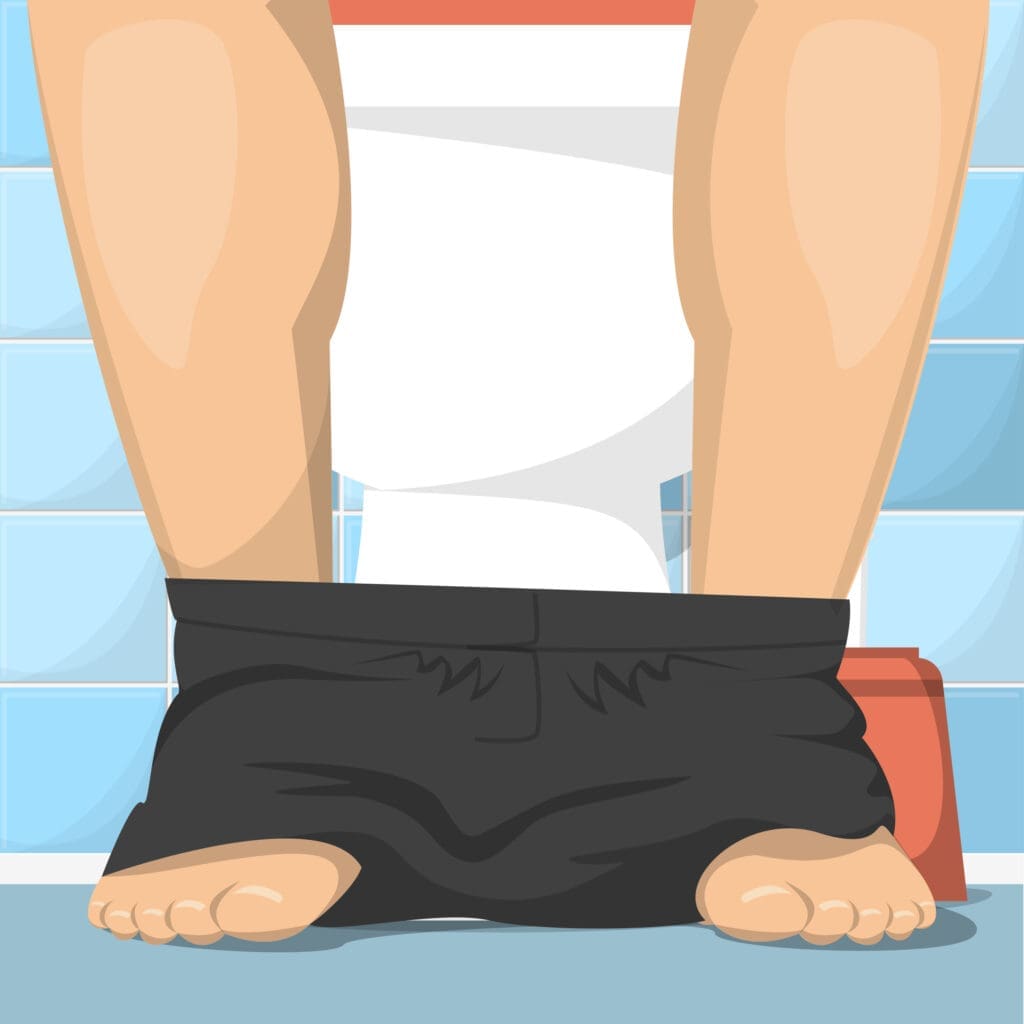
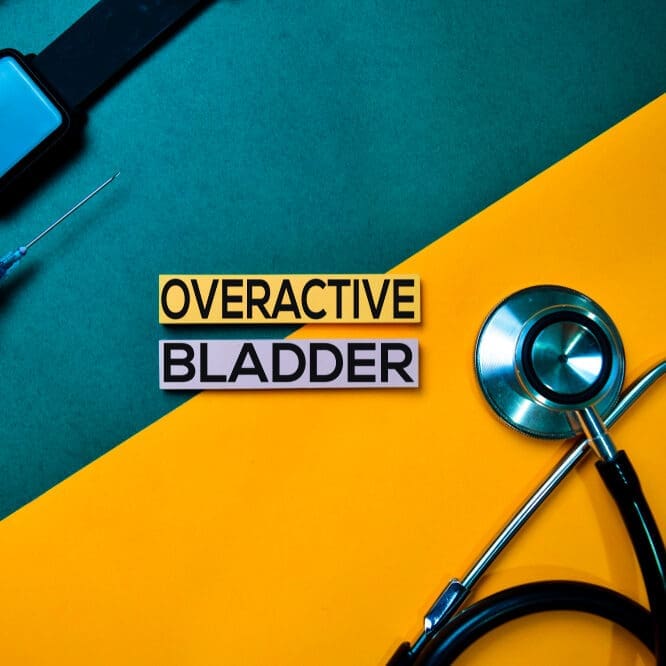
Overactive bladder
Lifestyle changes. Fluid and diet modification, weight loss and pelvic-floor or Kegel exercises can help reduce the risk for OAB and symptoms.
Prescription medications. There are many good medications that are very successful in improving OAB symptoms. Your UP urologist will determine if one might be right for you.
Botox. It turns out Botox does more than keep facial wrinkles at bay. Botox works by calming the nerves and muscles around the bladder—reducing or eliminating the sudden and uncontrollable urge to urinate. Administered by injection, patients receive shots right in their physician’s office. Most people notice improvement in about two weeks. Botox controls incontinence for several months, and the injections can be repeated as often as needed when symptoms return.
InterStim procedure. The same pacemaker technology used to effectively treat heart patients is having a dramatic impact on the lives of people who suffer from overactive bladder. A small battery-operated pacemaker sends mild electrical pulses to the sacral nerves that control the bladder.
Stimulating these nerves helps the bladder relax, hold more urine and spasm less so patients don’t have to go to the bathroom as often or leak as much. The pacemaker is a good option for people who haven’t responded to medications. Patients can even try the pacemaker in their doctor’s office to see if it works before having it implanted in the upper buttock. About 85 percent of people who receive the pacemaker are free of OAB symptoms.
Posterior tibial nerve therapy. A series of weekly outpatient treatments given over the course of 12 weeks uses mild electrical stimulation to retrain nerves that control bladder function. A slim needle electrode is placed in the ankle.
A stimulator sends mild electrical pulses through the electrode to the tibial nerve and on up to the sacral nerve plexus at the base of the spine that controls bladder contractions. The therapy reduces urgency, frequency and accidents without surgery or the unpleasant side effects of many oral medications. A monthly follow-up treatment helps maintain results.
Overflow Incontinence
Prescription medications.There are many good medications that help empty the bladder. For some men with an enlarged prostate, alpha-adrenergic blockers found in Flomax, Cardura, Uroxatal and other medications help relax the prostate and allow urine to pass from the bladder. Your UPNT urologist will determine if one might be right for you.
Self-catheterization.If medications do not relieve overflow incontinence, catheters may be used to ensure the bladder is emptied. Individuals can easily place the very thin tube in their urethra when they need to urinate. This may be temporary prior to undergoing a procedure or longer-term if men have significant damage to their bladder. Disposable, single-use catheters are small and can be carried in a pocket.

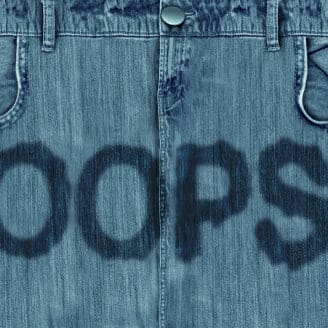
Functional Incontinence
A UPNT physician will create an individualized care plan for you that may incorporate one or more of the above treatments to address the cause of your incontinence.
Mixed Incontinence
A UP physician will create an individualized care plan for you that may incorporate one or more of the above treatments to address the cause of your incontinence.
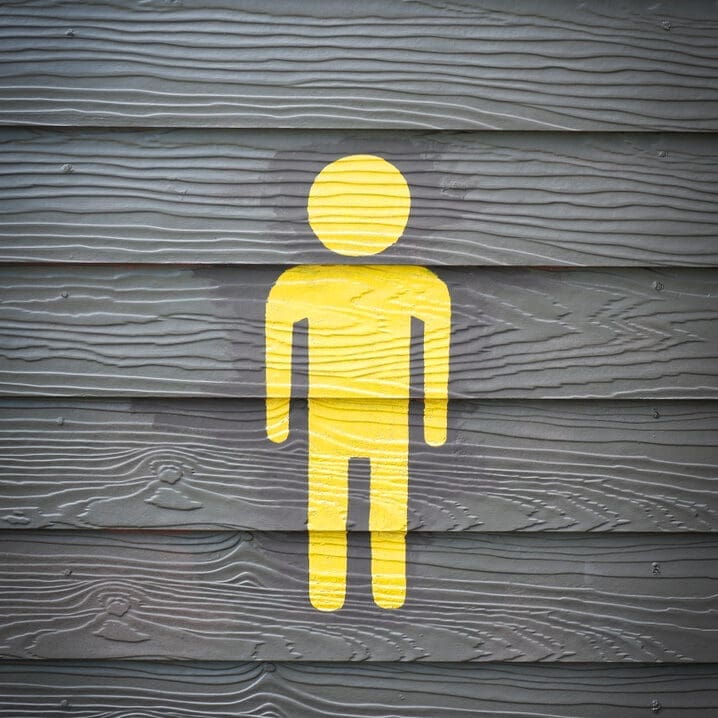
We Are Your Male Incontinence Specialists
Call for an Appointment

Joel Watson Took His Sling for a Road Test
Actually, he gave it the ultimate off-road test. Literally. Along with 19 fellow gearheads dubbed the “Kokopelli Adventure Riders” (a nod to the Native American deity of fertility and mischievousness), he navigated rugged off-road terrain for 13 days. He motored his way across six states—starting in Colorado and pushing northwest through Utah, Wyoming, Idaho, Nevada and Montana.

